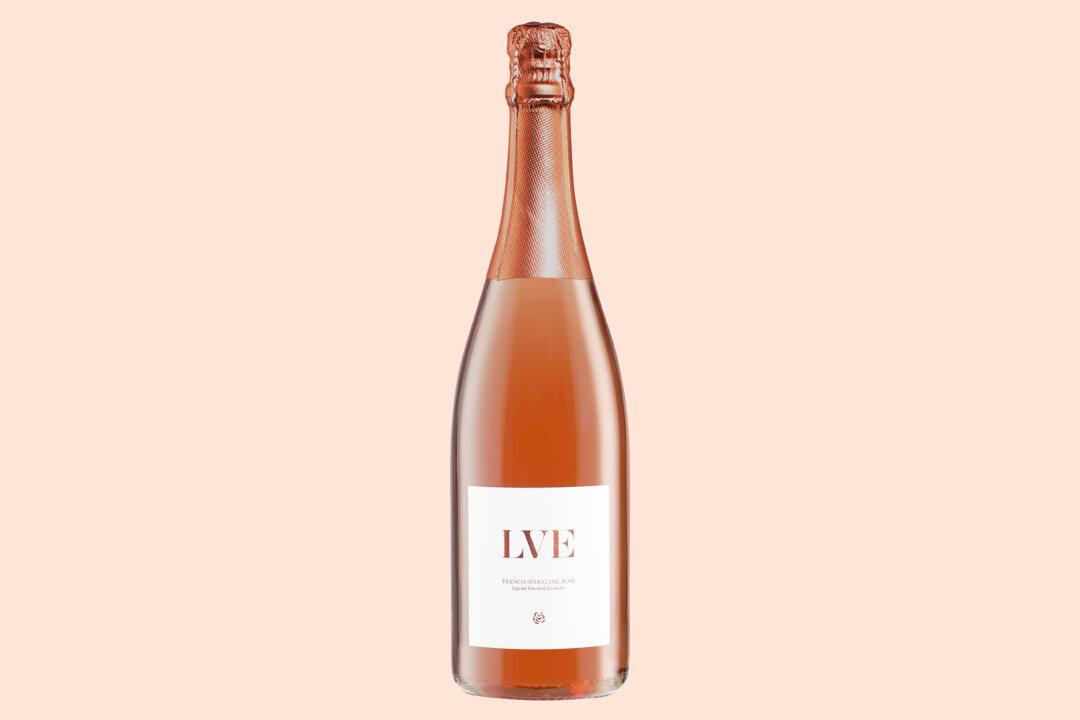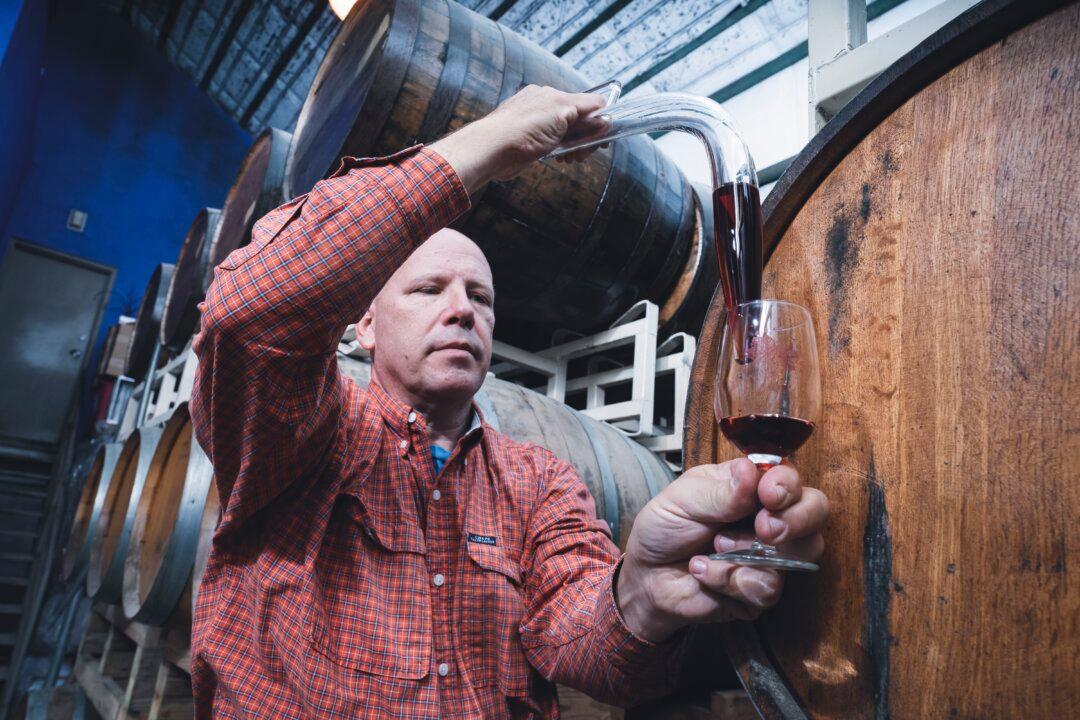Already a busy husband, father, and social change advocate, not to mention being at the top of his game as a singer-songwriter, the ever-multitasking 12-time Grammy winner John Legend took on yet another task in 2015 when he teamed up with acclaimed winemaker Jean-Charles Boisset and released the first of what is now a varied wine selection under the LVE (Legend Vineyard Exclusive) label.
Developing and introducing a new line of wines into an already crowded marketplace where tastes and trends run fickle can be daunting even with highly recognizable names like those of Legend and Boisset. But after adding seasoned winemaker Stephanie Putnam to the collaboration, Legend’s label seemed to have come up with a recipe for success, with offerings now ranging from a $20 bottle of sparkling rosé to a fine Napa Brut.




